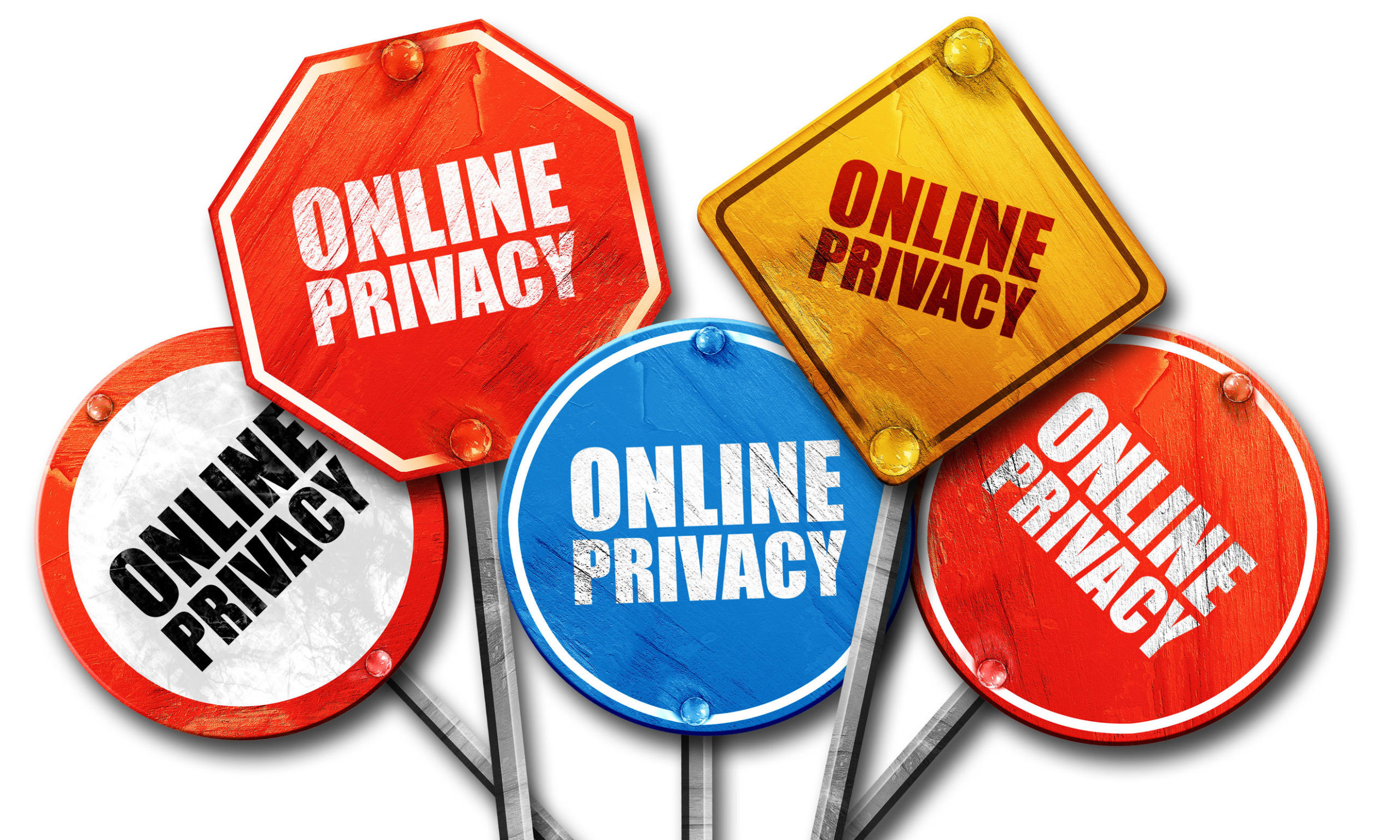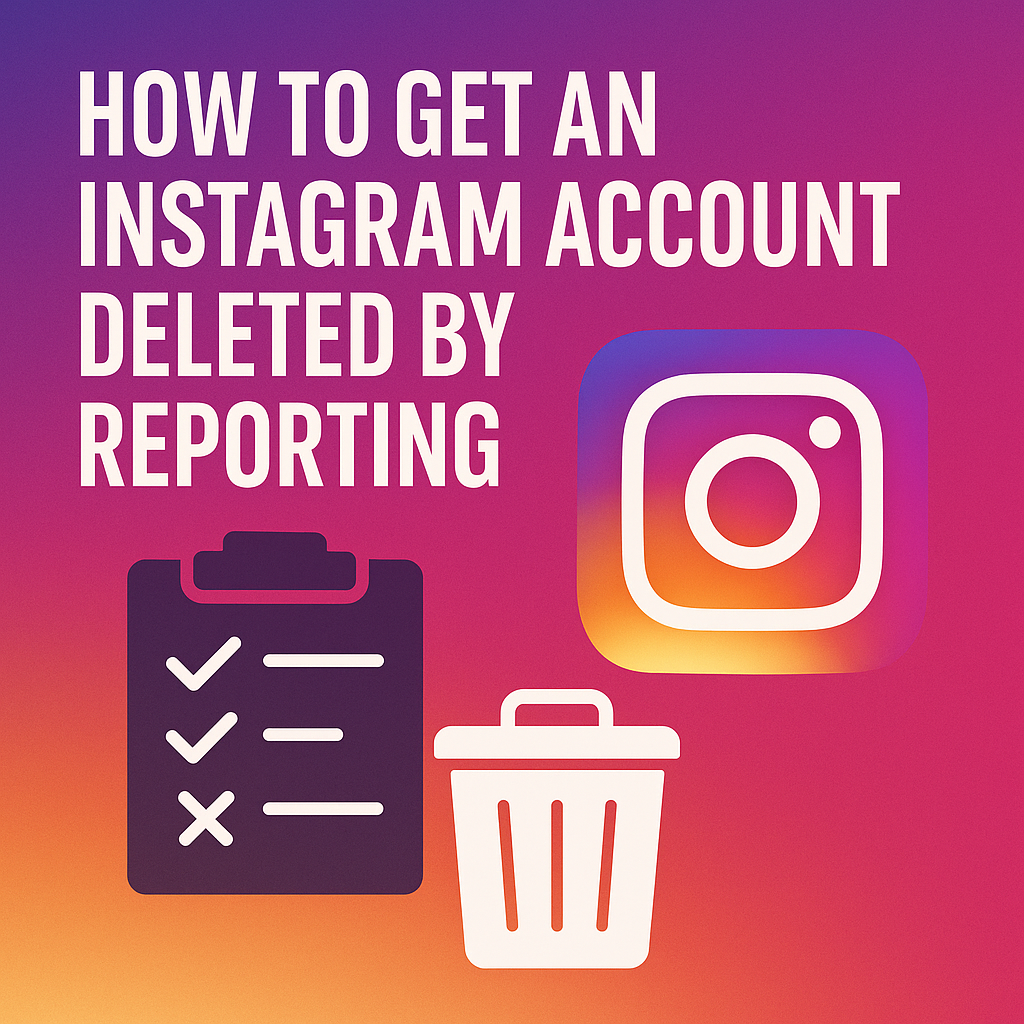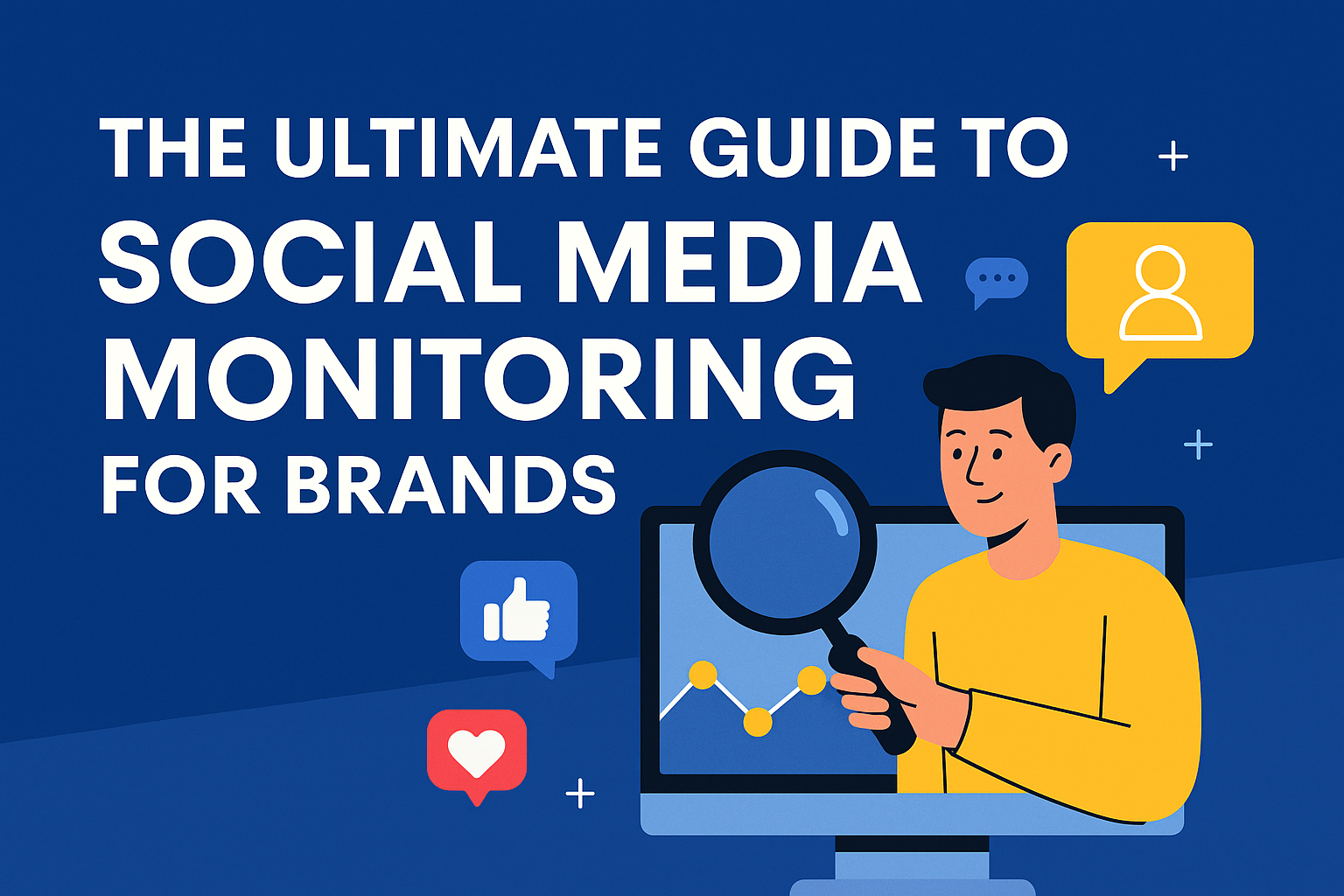Reputation Management & Online Privacy
What is the relationship between Reputation Management & Online Privacy?
If you use the internet at all for anything other than the most basic research functions, the chances are you will have built up an online reputation. Comments on blogs, blog posts, social networks, email accounts and many other online activities help to form your online reputation. See this helpful guide from Microsoft for a list of the most common ways your information can end up online. Even if you are not an internet user, you can never be certain that somebody else hasn’t published something online about you, so it is important to be aware of your online reputation and what it says about you. As the world moves increasingly online, it can be a powerful influence on the rest of your life; affecting job and relationship prospects, so it’s good to keep your online reputation in order.
Of course the best way to ensure that the information available about you online is the information you want to share, is to make good use of Internet Privacy settings and follow best practice, to stop the information getting out there in the first place.
How to investigate your online reputation
To find out what is written about you on the internet, it’s best to start with a popular search engine, such as Google or Bing. For best results, use a variety of search engines. Search for yourself in a variety of different ways, and with variations of your name, including any nicknames, middle names, or maiden names if you are married. Be specific to your local area, especially if you have a common name, and ensure you search for images and videos as well as articles, as these can often be even more damaging to your online reputation than text. Don’t forget to search through social networks and blogs that you frequent or that belong to people you know – it’s good to know what people are saying about you.
How to manage your online reputation
Very often, going through the steps listed above will throw up at least one piece of information that you’re not so happy about. If this does happen, don’t worry. There are basic reputation management guidelines that you can follow to try to minimize negative information about you that appears online, including asking the webmaster to remove the information, and flooding the web with positive information to try to dilute the negative. That is beyond the scope of this article but you can find a useful guide by Abine on creating a positive online reputation here.
If the situation is very serious, for example if you have experienced a major breach of privacy where confidential personal information has been published, you should contact the person who has published it immediately (you may need to seek legal advice if they refuse to remove the information) and also contact Google to remove the page from their listings. See this article from Google for more advice on what to do in this situation.
Managing your reputation through Internet Privacy
The best way to ensure that personal information does not end up in search engines and damage your reputation is to understand internet privacy settings and utilise them effectively to keep your private information private. Many social networking sites, blogs, review sites, photo sharing sites etc. make their users’ information available to search engines to include in their listings. This often includes personal photographs and dialogue that many people assume is private between them and their online friends.
All of these sites have privacy settings that the user can control. It is common for people to make the mistake of assuming that the default settings will protect your privacy; remember these settings are decided upon to best benefit the company, not the user, and it is in your interest to understand them. Facebook has a comprehensive set of tutorials dedicated to helping their users understand Facebook privacy settings and make the right choices for them. If you use Twitter, you may want to consider protecting your tweets, so that only users you have approved can see them. And of course it helps to choose your friends wisely and only share personal information with people that you know and trust.
In summary, there are many ways to influence your online reputation, however the best thing you can do is get to grips with the privacy settings on the various internet sites that you make use of. Stopping negative and personal information from getting into the public domain in the first place is the best way to ensure you don’t have to resort to emergency reputation management.





